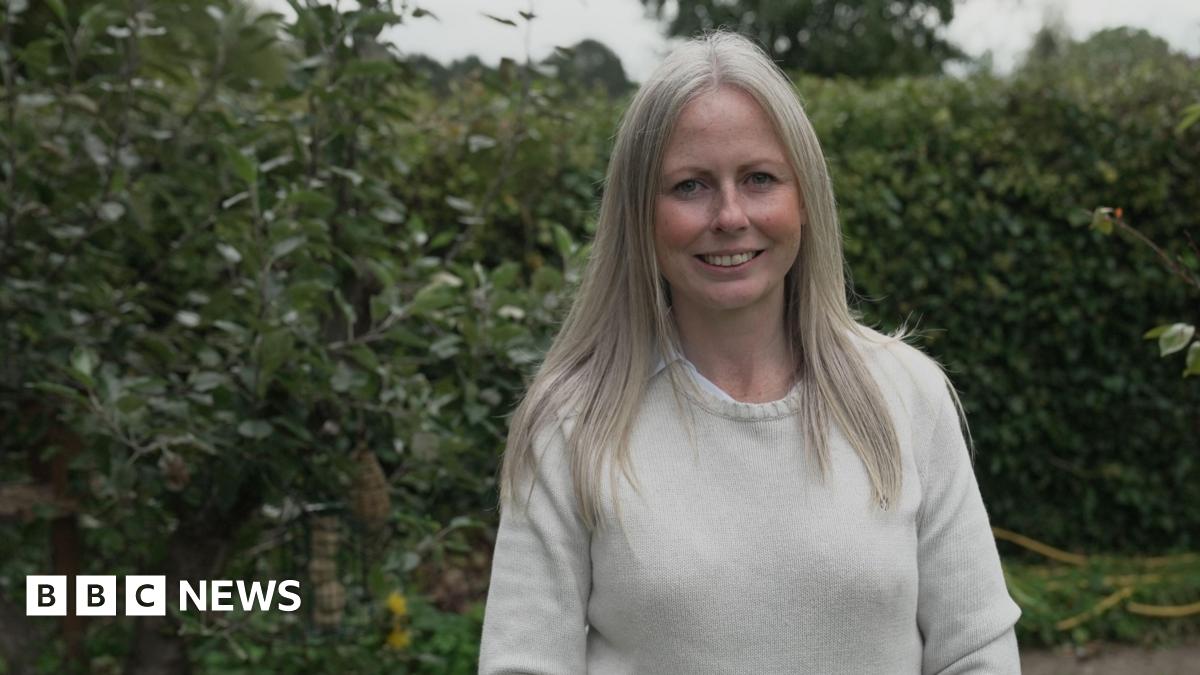But the future of green social prescribing is uncertain.
Despite a four-year national pilot that ended in March being judged a success by an independent evaluation, external of its first two years, there is concern that the onus for funding these schemes is being left to charities.
Organisations, including The Wildlife Trusts, the RSPB and the Ocean Conservation Trust, are calling on the government to commit more funding to nature prescription schemes and to roll them out, beyond their initial seven trial areas.
Dom Higgins, head of health and education for The Wildlife Trusts, said: “It is unequivocal that nature improves mental health.
“I think the time for questioning the evidence is really over and people within the system and the NHS and decision makers get this.
“It’s just we need the mechanism to make it available everywhere. It’s time to seriously fund prevention and opportunities for people to create good health in the neighbourhoods where they live and work.”
The national pilot scheme saw nearly 8,500 people prescribed nature activities in its first two years, with more than half those patients living in socio-economically deprived areas.
Chris Dayson, professor of voluntary action, health and wellbeing at Sheffield Hallam University, who was part of the team that evaluated the scheme, said it brought “a really statistically significant increase in wellbeing” for patients.
The evaluation also found the scheme brought an economic social return – not least of all by getting people back into work – of £2.42 for every £1 invested.
When approached by the BBC, the government did not comment on the future of green social prescribing but said the evaluation of the second two years of the trial scheme would be published “in due course”.
